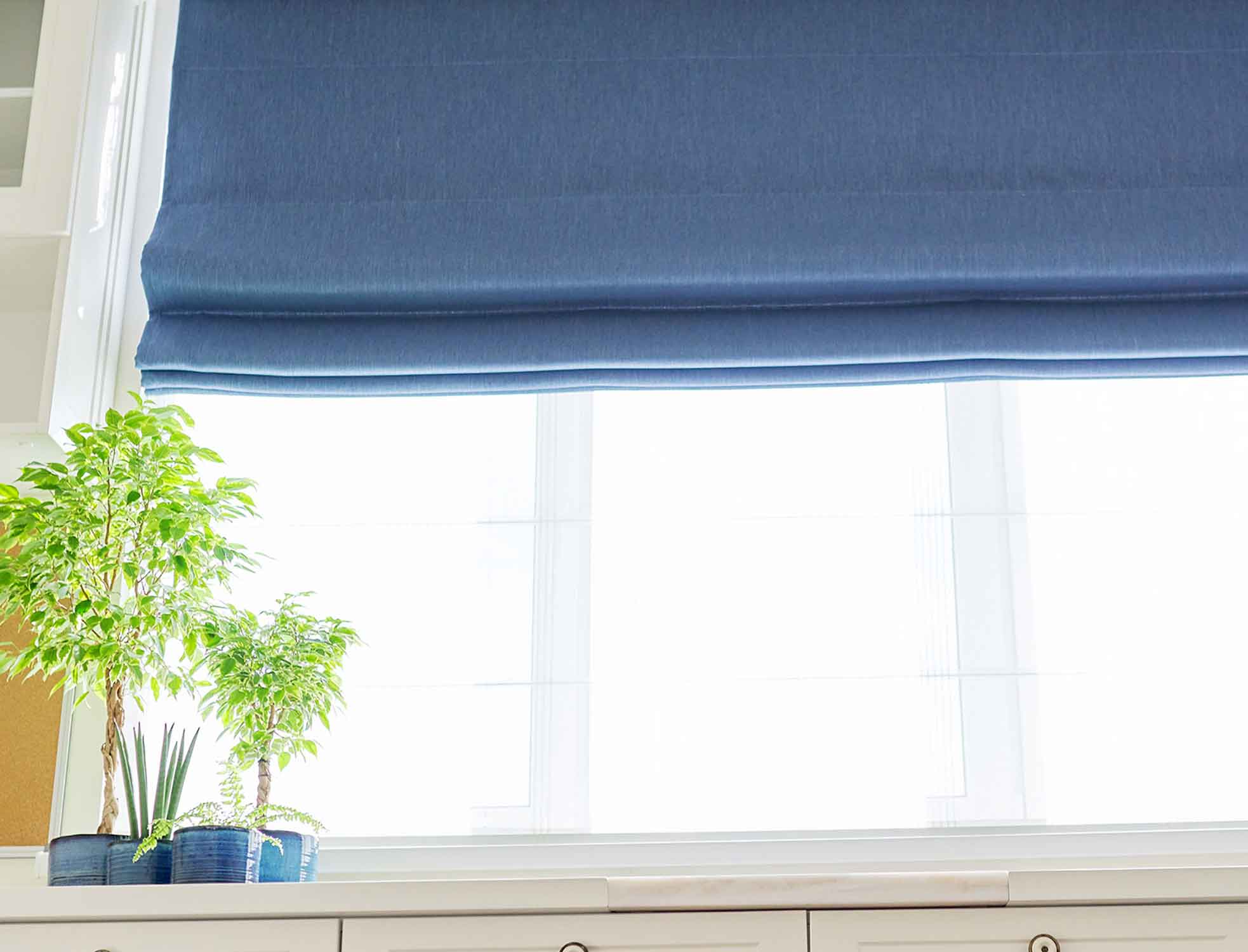
Window Coverings: The Pros and Cons
When it comes to window coverings, there are a ton of options. Blinds, drapes (or curtains), and shades are the most popular. Why are they an option that many homeowners and businesses choose for their windows? For one reason, they are an easy way to add an element of style to a space. Whatever your design aesthetic is, there’s probably a window covering option to match. For instance, take a look at the stellar selection offered at The Shade Store. With an incredible catalog of tones and textures, you can create some pretty stylish window coverings. What other benefits are there?
One of the main reasons we invest in window coverings is privacy. Truthfully, they are a great option for complete privacy. It’s simple, really: open them up to let the sunlight (and every set of prying eyes) in. Close them to get complete privacy. If you have a combination of blinds and drapes, you can literally get 100% privacy if you close them both.
Another advantage of window coverings is that, again, when closed, they offer you a measure of protection from heat, sun glare, and fading. Direct sunlight, beaming on floors, furniture, and almost anything in its path, will cause fading. Closing blinds and curtains can also reduce temperatures when closed, simply by blocking the sun.
What are the disadvantages of window coverings? For one thing, they do need maintenance. Curtains and blinds both collect dust. Have you ever cleaned blinds? It’s an excellent way to build up those arm muscles! Curtains can also be stained by liquids, and we’ve seen plenty of rips and tears from pets, especially cats!
As for privacy, it’s true that window coverings do offer a layer of protection, but they only work when they are closed. In other words, if you want privacy during the day, you simply close the window covering, but there goes the sunlight! Additionally, while it’s true that window coverings can prevent heat gain (by some estimates, up to 77%), they don’t protect themselves from UVA damage. As many homeowners will tell you, the sun can definitely fade curtains and blinds.
Pros:
- Design: window coverings offer a myriad of options and can be complementary to the interior design of a home or office.
- When closed, can substantially reduce glare and light.
- Offers a solid layer of privacy to windows and doors.
Cons:
- Maintenance: Curtains and blinds require cleaning. Curtains collect dust and may need to be replaced due to fading. Blinds are challenging to clean, due to the number of individual blinds. Blinds are notorious dust collectors.
- Temperature control: Window coverings do not provide protection from heat or cold. For instance, blinds may stop direct sunlight, but they don’t block heat. Blinds and curtains don’t prevent cold temperatures from entering the interior space.
- Fading and UV: Window coverings and blinds do not block either fading or UVA rays. In fact, window coverings may block the sun when closed during the day, but they are being damaged from UVA rays in the process.
Ready to get started? Call the ClimatePro team at 707.755.7337 or get a free quote online today.

